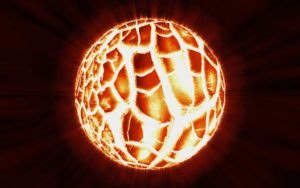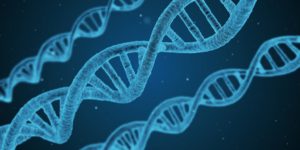Long-time readers of the Observation Desk might remember that I’m a fan of science. Some of my old posts include “We Are All Stardust”, “Big New for the Big Bang,” and “Seems the World Will End in a Bang, Not a Whimper.” I find science and nature (and even sometimes math!) to be a great source of inspiration, not only for writing but for my life.
There are so many wonderful, beautiful, crazy aspects of our universe. An exploding star, called a supernova, sends particles shooting across the universe. These happen all the time in our universe and have been happening for billions of years. All the elements that make up earth, including our own bodies, were once ejected particles from a supernova.
Then you have the Fibbonacci Sequence, which starts at 0,1 and each subsequent number is the sum of the previous two (0,1,1,2,3,5,8, etc…) and put in order in boxes make a spiral. Many things in nature follow this pattern, from flower petal and seed arrangements to how spiral galaxies are formed.
To take a look at a math example, did you know that a computer cannot truly generate a random number? Because computers function via algorithms, or sets of rules programmed in to the computer, it’s not possible for a computer to do random.
And whether or not I totally understand all these concepts that fascinate me (spoiler alert: I don’t, but I keep trying anyway!), they never fail to inspire me. They push me to examine the patterns in my writing. On a micro level, I look at the the words, language, and sentence structure patterns I fall back on, so I can push myself beyond my own cliches.
On a macro level, it pushes me to recognize emerging themes in my writing. What themes did I go in with and maybe didn’t follow through on properly? What themes didn’t I notice, ones that maybe stemmed from my subconscious, that can make my story better if I tease them out more and reinforce them? Where are there more opportunities to refine any symbols I’ve used or places where I can introduce more?
Taking a patterned analysis to my writing allows me to make sure every detail (word, sentence, symbol, description, etc…) counts to work toward a greater whole through theme and plot.
To take all this a step further, trying to understand the science and math that governs nature can help me examine my own life for themes and patterns. It pushes me to a greater level of introspection and hopefully to a better place as human being. And that will only contribute to me being a better, more deliberate writer.
When I work at honing that merging of the creative and analytical thinking, stuff moves in ways I could never have imagined before. The world, my stories, my life…everything reaches a whole new level of understanding in my mind. And that feels like a pretty incredible phenomenon.






















